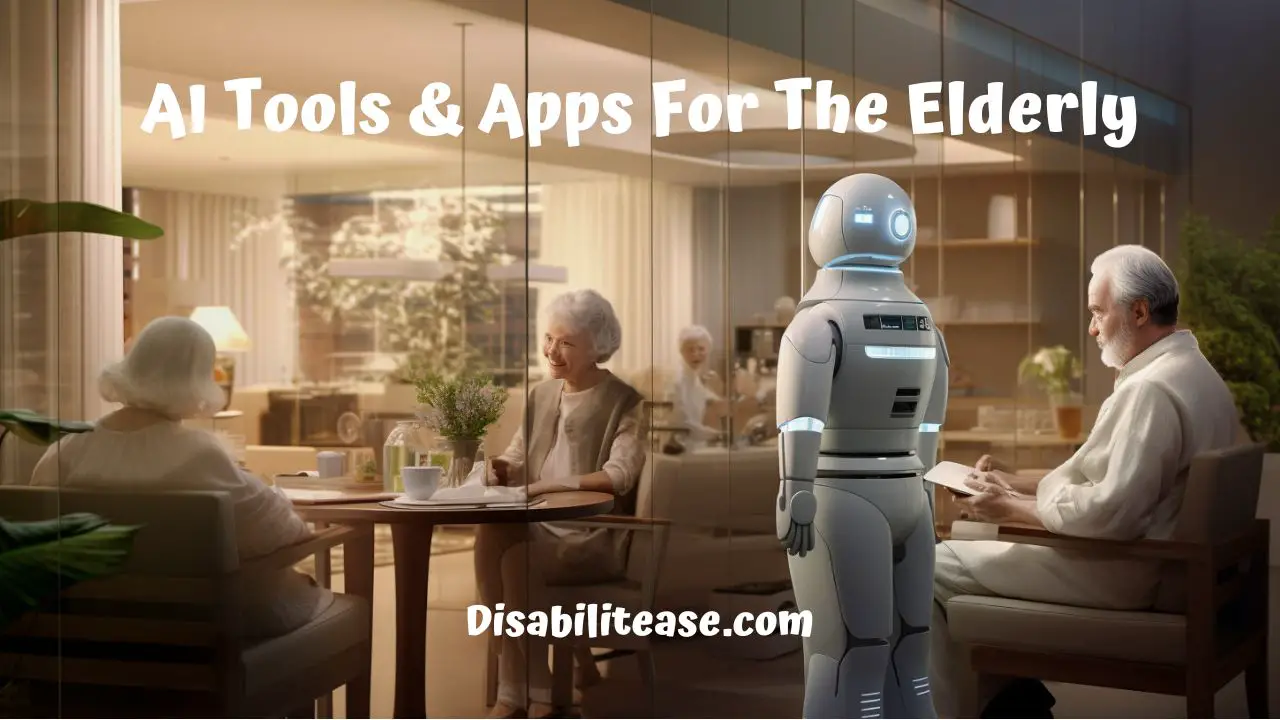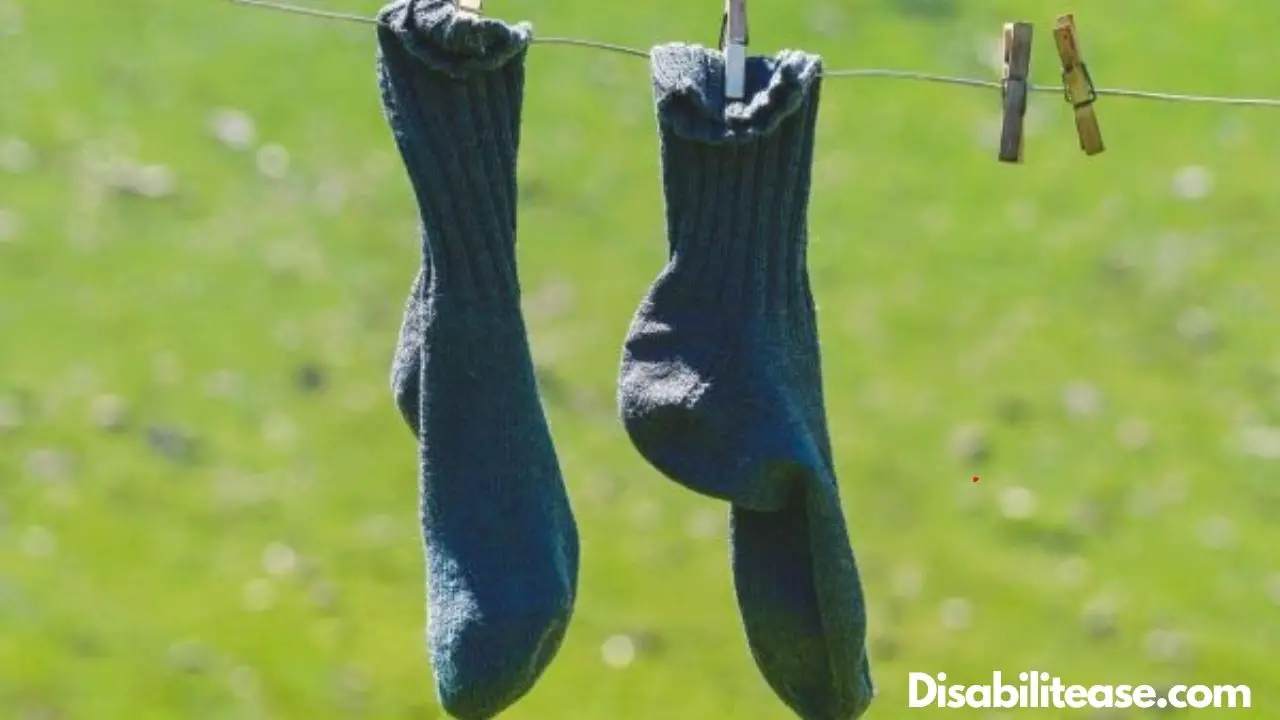Most individuals are familiar with at least one person who experience chronic pain. They frequently want to be supportive, yet their comments can end up being unintentionally harsh.

People who suffer from chronic pain have to cope with stigma and challenges on a daily basis.
Here is a related article that might interest you on the Best 10 Pillows For Fibromyalgia Of 2023.
Judgmental feelings toward them might hamper relationships and recovery. You must not say specific things to a person with chronic pain. These are listed below.
Table of Contents
What Not To Say To Someone With Fibromyalgia?
These are some statements that you should never say to someone who is suffering from fibromaglia.
- “You are only Depressed.”
Fibromyalgia is a difficult situation and the person who is going through will understand how depressive it can be.
It is never a good idea to discourage such patients by saying that you are only depressed and eventually you will be better. Depression is not linked to this illness but it can be the outcome if there is continuous discouragement.
- “You should have a better attitude.”
Thinking positively is a coping strategy; however, it is not a treatment. An occasional grieving period is good for a person to go through when their entire life has changed. They must not be condemned for not always being optimistic and joyful.
- “You looked okay a few minutes ago.”
They could have been feeling good some time ago, but fibromyalgia flare-ups come and go regardless of your plans. Moreover, you should know that symptoms might appear abruptly and may convey the appearance that you are unsure of how badly the person is currently feeling.
Telling someone they are simply using their illness as an out to avoid doing a plan they didn’t want to go in the first place is equivalent. That kind of insinuation is appalling.
- “But you look so well and healthy!”
It is hard to see and comprehend another person’s struggles. Many individuals face invisible diseases that are not immediately apparent. Even the seemingly perfect individual may be struggling within.
People mostly try to tolerate discomfort with a smile, and this is a common strategy among those with invisible diseases, yet the symptoms are still present if you seek them. It is never a good idea to say to someone’s face that you are looking all good and healthy when they are in the grip of fibromaglia.
- “I read about this great cure.”
Well, this is undoubtedly being said out of sincere concern, yet individuals in pain frequently hear about these treatments. Nearly everyone they encounter offers a treatment that they have heard works well, and the majority of these “cures” are pricy and unsupported by research. Sadly the patient doesn’t need to hear this.
- “We all face increasing pains as we age.”
Compared to the typical pains and aches of getting older, the pain caused by fibromyalgia is far worse. Even seemingly innocuous gestures (such as touch) can cause unbearable pain.
Additionally, most patients get fibromyalgia far earlier than they would get aches from aging. There is no need to compare your pain with someone who is suffering from fibromyalgia. No pain is ever equal.
- “You’re just lazy.”
Mocking someone for what they say they are feeling is far worse than ignoring their symptoms. You might think that it might feel good to rest all day at home and have others do their chores for them, but they are just trying to tolerate their agony.
- “I think you just need to exercise.”
Exercise is usually excellent for you, as we all know, yet it has varied effects on someone suffering from chronic pain. A person’s exercise regimen must be approved by their doctor if they are suffering from long-term chronic pain. Since certain forms of exercise may be more harmful than beneficial. Pressuring people with pain to engage in activities that can make their situation worse is not helpful.
- “I’ve read that your illness is really not real.”
Being informed that someone’s pain is unjustified is the worst thing you can say to a person in pain.
Nobody enjoys having to schedule several medical appointments while also contacting insurance providers. Individuals in agony might not have the luxury of rejecting their situation, whereas you do.
- “You are too young to be ill or suffering.”
When a person appears youthful and healthy, it might be easy to dismiss their disease, yet pain and illness have no age restrictions.
Every day, a large number of youngsters with medical conditions deal with the effects of this mentality. Young people are sometimes bullied for parking in a disabled place or refusing to move from their bus seat due to how they might seem.
- “I believe I also have it as I’m constantly exhausted.”
Fibromyalgia-related tiredness goes much beyond simple exhaustion. It is complete and total fatigue. You feel as though someone has yanked the plug, shutting off your supply of energy. Don’t try to mock the patient by saying that this condition is regular.
- “At least it won’t kill you.”
Naturally, you are relieved that the disease is not fatal. However, being told that the chronic illness is not deadly may sometimes feel similar to being condemned to a lifetime of suffering.
Additionally, it is considerably more challenging to create awareness and support for a chronic condition that is not lethal. It seems sensible that individuals would want to prolong their lives over improve their quality of life.
- “Anything is possible if you put your mind to it.”
In the eyes of most people, it is a luxury to be physically fit. Because society is structured with expectations for the physically fit, people with disabilities must discover ways to function in a society that isn’t built up for them. Every action they do must be planned, which makes even the simplest activities considerably more difficult to complete.
Also, you have to check out my post on How Does Fibromyalgia Affect Relationships?

Things You Can Say Instead
Eventually your positive attitude is something that will make the patients suffering from fibromaglia feel good. If you don’t know what to say to such a patient then there is no need to say something foolish. Instead try these statements.
- You may say, “Spending most days at home must be quite difficult. I would feel bad to not be able to do most things that I want to, like go shopping or visiting parks, I can’t even begin to imagine.” show that you can understand a part of their suffering.
- You may add, “I’d love to bring you dinner if you want.” or “Can I stop at the store on the way to get you anything?” This way, the person in pain would feel supported and cared for instead of constantly feeling helpless.
- You could also tell them, “I was unaware of the agony that your pain, exhaustion, and difficulty falling asleep may cause. All of this seems so awful.”
- Moreover, something like “I’m sorry you weren’t able to participate in the physical activities you liked so much.” Simple words and actions of comfort can help them at least not feel mentally, even if physically, drained.
Final Words:
Since fibromyalgia is an illness that cannot be seen, it is sometimes difficult to understand the pain that the patients are feeling. When questioned, they often put up a brave front and reply that everything is alright.
However, attempting to justify our true feelings is hard. Thus, when you say something to them, you shouldn’t come out as accusing, judgmental, uninterested in trying to understand, and arrogant. Rather, the statements must come out as kind, considerate, and supportive and show a want to comprehend.

Hi, my name is Eddie, I am a professional trainer specializing in the elderly population and I’m also a website designer. I love training in the gym, going to the beach, traveling, and having good food.
I combined my love for sport and website designing to make “DisabilitEase” whose purpose is to help elderly and disabled people live a more full and active life, have more fun, and enjoy their unique journey despite any disability.




